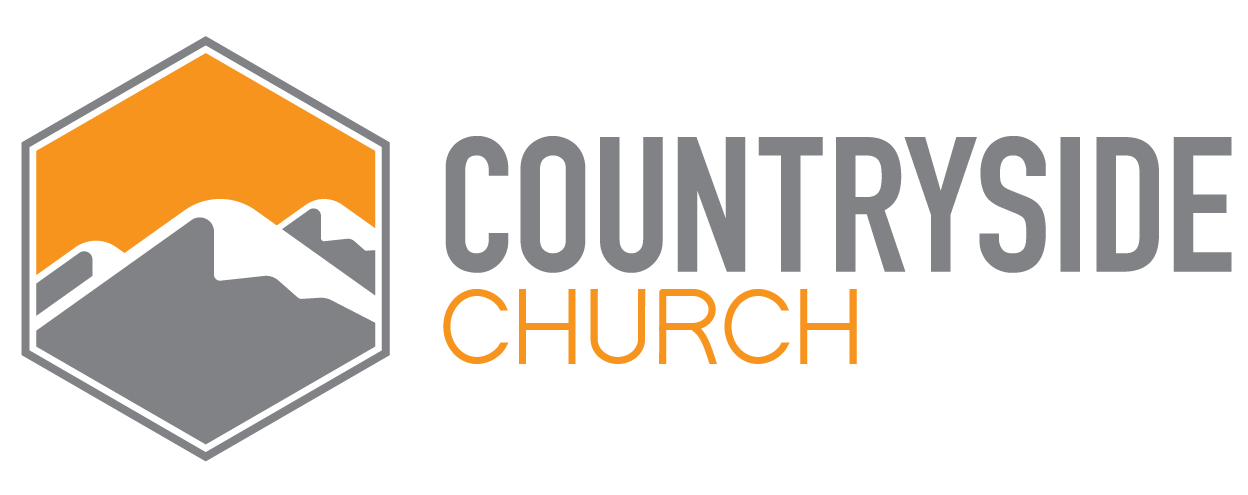In this exercise, you will reflectively walk through a series of questions designed to help you find the place where your passion and calling for justice intersect. Maybe by the end, you’ll know exactly what you’re called to do. Then again, maybe you’ll still be unsure. Either way, let this start you down a road toward asking the question, “how can I be a tangible part of the solution for an injustice in the world?”
Grab your journal, and write your answers to the questions below.
1. Read the following verses: Amos 5:24, Isaiah 58:3-6, Micah 6:8, and James 1:27. Write down a prayer, asking God to give you His heart for justice.
2. Micah Kephart, founder of the organization, Poetice International, identifies 5 “giants of injustice:”
a. Spiritual emptiness
b. Oppression
c. Lack of education
d. Disease
e. Poverty
These giants are the source of essentially every form of injustice, in one way or another. Which one stirs you the most? Why?
3. Does any one issue of injustice make you particularly sad, frustrated, or motivated? In other words, what specific injustice under one of the 5 Giants stirs you the most? (For example: Racial reconciliation falls under oppression, or drug addiction falls under disease, or loneliness falls under spiritual emptiness?)
4. Do you have a job, skill, relationship, experience, or an interest that might make you a natural part of the solution for any of these giants? List anything a part of your life that you think could be a direct way of contributing to a solution.
5. Is there a clear way for you to address that issue that’s directly accessible? Some examples could include volunteering at a homeless shelter to address poverty, getting involved at a local Boys and Girls Club to address the lack of education, or giving a monthly donation to a non-profit organization committed to ending poverty in your city.
6. Based on what you’ve written above, has a problem emerged that you believe you’re called to help solve? Be clear and specific. You won’t be able to end world poverty, but you can contribute towards ending poverty through a specific action on your part that matches up with your passions, gifts, and experiences. Complete the following sentence if you can. If you’re unsure of how to finish the sentence, then bring it up with your discipler at your next meeting!
I am called to address the injustice of “list specific injustice” by “list specific action step”.
